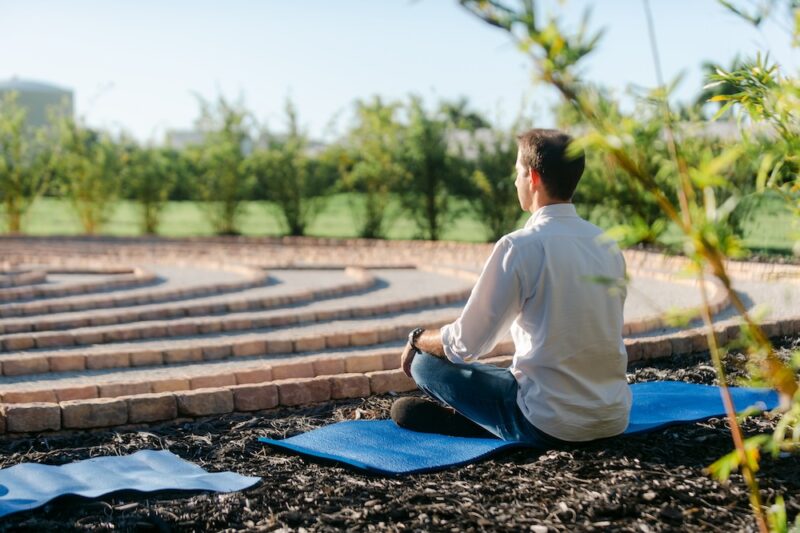As we welcome in April, we also usher in Stress Awareness Month, an important time set aside to shine a spotlight on the dangers of stress and the importance of managing it, especially for those seeking recovery from substance abuse or mental health struggles. The key to healing is building a foundation for a healthier, more resilient life. Managing stress is a cornerstone of this foundation.
Stress can be particularly challenging for individuals in recovery. It’s not just an emotional discomfort — it can be a trigger, a hurdle on the path to sobriety, or a threat to one’s mental health. Understanding the significant impact stress has on your daily life and future outlook is key to developing strategies that help you deal with stress effectively, without derailing your recovery journey. Here are some things to keep in mind as you navigate toward a more stress-free life.
Holistic Practices for Stress Management
Holistic activities such as yoga and meditation have been shown to reduce stress levels significantly, offering a sense of calm and balance that can be particularly beneficial for those in recovery. These practices not only help in managing emotional and physical stress but also in fostering a deeper connection with oneself, enhancing self-awareness and resilience.
Here are some other effective — and engaging — holistic activities that can help keep stress at bay:
- Art therapy: Creative expression can be a powerful tool for managing stress and exploring your emotions. It doesn’t mean you need to have the ability to paint a masterpiece or craft a work of art, but giving into to the process of expressing your feelings with colors and texture in and of itself can help support your healing (and provide you with a lasting keepsake of your endeavor toward healing!).
- Nature therapy: Spending time in nature, also known as ecotherapy, has been shown to lower stress levels, improve mood, and enhance mental well-being. Consider activities like gardening, hiking, bicycling, or even sitting on a park to observe the sights and sounds around you.
- Mindfulness labyrinth: With a single, winding walking path that leads to a center and back out, this meditative tool encourages you to focus inward, letting go of distractions and grounding yourself in the present.
The Role of Mindfulness
Mindfulness, the practice of being fully present and engaged in the moment without judgment is, indeed, a very powerful tool in the stress management toolkit. Through mindfulness, we can learn to observe our thoughts and feelings without getting overwhelmed by them, making it easier to navigate stressful situations. Mindfulness can also be incorporated into your daily activities, such as eating, walking, or even during conversation, by paying full attention to the present experience.
Stress Reduction Strategies
In addition to holistic practices and mindfulness, there are a number of practical stress reduction strategies that can support your recovery and treatment These include:
- Regular physical activity: Exercise releases endorphins, natural stress relievers, and can improve mood and sleep, reducing stress.
- Healthy eating habits: A balanced diet can affect mood and energy levels, thereby impacting stress levels.
- Adequate sleep: Quality sleep is crucial for stress management. Developing a regular sleep routine can improve one’s ability to handle stress.
- Time management: Learning to manage time effectively can reduce stress by preventing the feeling of being overwhelmed.
- Seeking support: Talking about stresses and concerns with trusted friends, family members, or a support group can provide relief and a sense of being understood and supported.

